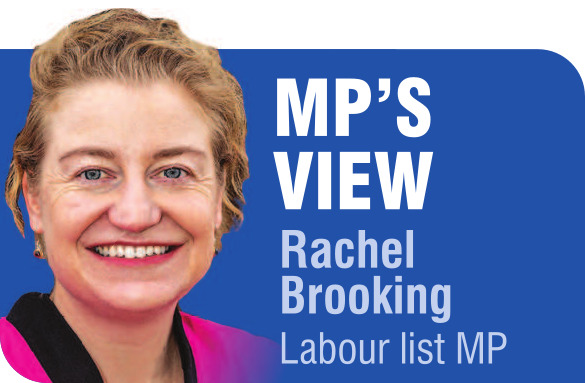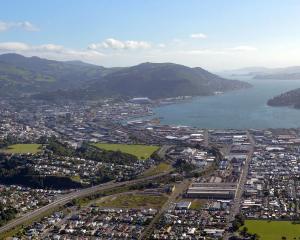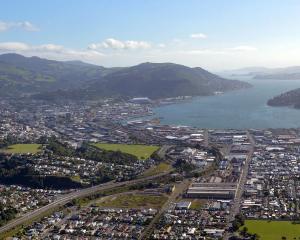
Let’s get on and build the things we need, like hospitals, schools, and green areas to slow water in a flood. These are good public facilities that don’t normally cause great environmental harm.
They are unlikely to be what we see from a new "fast-track" bill currently open for submissions.
The Resource Management Act is known for being too slow and too complicated. That’s why Labour made laws that planned for the long-term for infrastructure (Spatial Planning Act) and to move conflict away from consent decisions and into plans and a national planning framework (Natural and Built Environment Act).
Planning law will always involve some trade-offs and conflict. That’s why community involvement and environmental bottom lines are important.
Unfortunately, the new National government repealed Labour’s work — to make planning laws more efficient while better protecting the environment — before Christmas; based on some reckons, political slogans, and submissions that were addressed by changes made by the select committee.
Labour had a fast-track process used for "shovel ready" laws during the Covid-19 pandemic, and to carry us over when implementing replacement RMA laws (because they were always going to take some time to bed in).
Labour’s fast-tracking process was used with the new Dunedin Hospital build. This helped speed up the development of both the inpatient and outpatient buildings, as well as an ancillary services building. This wasn’t "fast and loose" legislation.
During the pandemic, for example, we listed some public and iwi projects — such as housing — and sent them to an expert panel. That panel could decline the projects. That panel had to make decisions within the confines of environmental protections.
Now the National government is proposing a law that overrides those environmental protections, and it does not just apply to public projects like schools and hospitals. It could apply to overseas companies wanting to mine our conservation land.
Another exceptionally concerning difference is that three economic ministers can make a decision about projects that must proceed. This opens up ministers to influence from lobbyists. It does not bode well for New Zealand’s reputation as corruption-free.
If I was a company wanting a premium for a clean, green, corruption-free New Zealand product, I would stay well away from a law that overrides our environmental protections and is made by a politician in Wellington.
Submissions are open until April 19 and I encourage everyone interested in our environment, and everyone interested in our international reputation, to submit.
It’s a shameful bill and needs to be withdrawn. The existing legislation can do the job.













